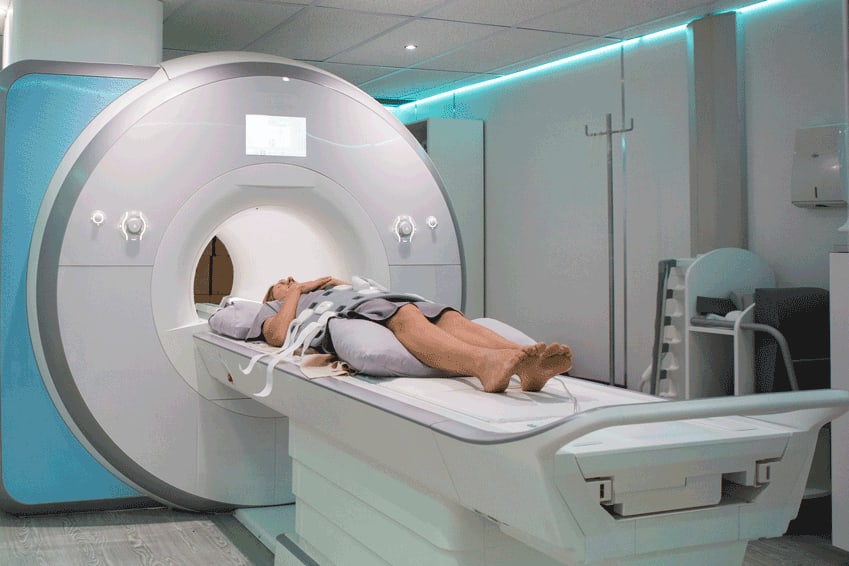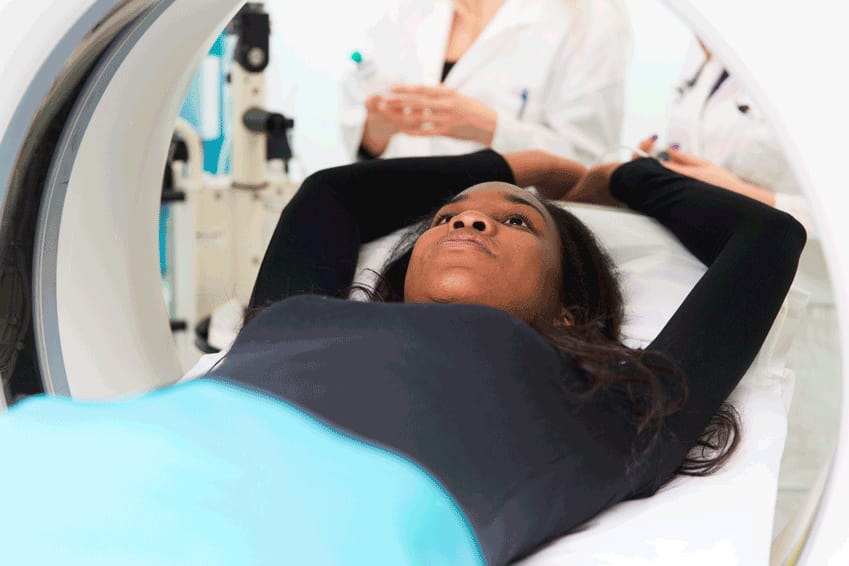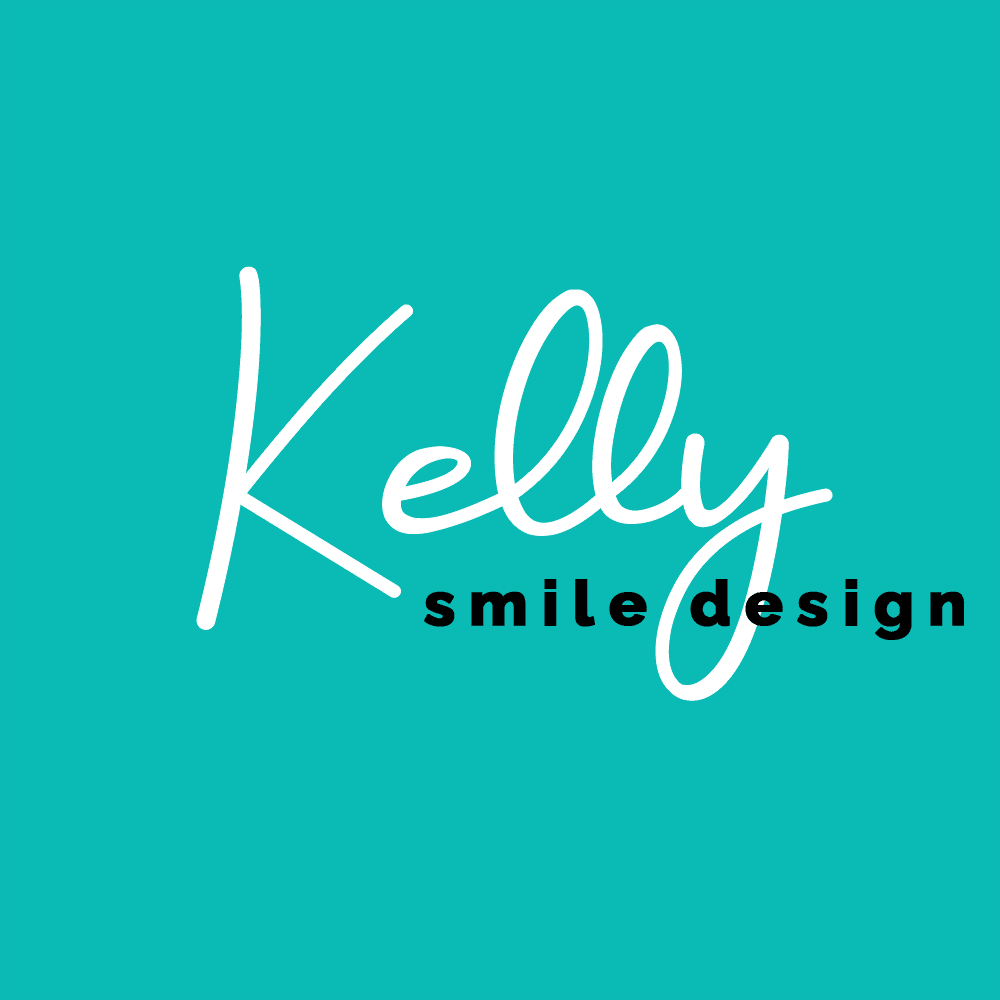If you have suffered an illness or injury, you may have to get a scan so that the specialist can examine the issue more closely and accurately.
The CT Scan and the MRI are two common tools they may use. Here’s some useful information about their applications, costs, and what you can expect.
What’s the difference between a CT Scan and an MRI
MRI is an acronym that shortens the clinical term, magnetic resonance imaging. CT is a term that the health industry uses for computed tomography. The major difference between the two scans is that the CT Scan uses radiation to capture images, while the MRI uses radio waves and magnetic fields.
How Does An MRI Work?
The MRI is often the instrument that providers choose when they are evaluating someone for back pain. It’s also effective in evaluating brain tumors as well as tendon and ligament issues.
For a good picture of the MRI experience, we refer to this video demonstration produced by Via Christi Health.
What about a CT scan?
Doctors tend to use CT scans for issues that pertain to the lungs, chest, and bones. Providers use them a lot inside of the emergency rooms for patients who come in with chest pains.
CT scans known as CBCT (Cone Beam Computed Tomography) are often used by dentists to provide a 3-D view of the patient’s oral cavity. Cone Beam scans provide the three-dimensional view at a lower radiation level than a conventional CT scan. CBCT can help measure the density and thickness of bone in the jaw for dental implant candidates. It can also provide a measurement of a patient’s airway to help diagnose sleep disordered breathing issues.
Qualified specialists take precautionary measures to minimize the amount of radiation for patients who have to take CT scans of any type. Ask your practitioner what they do to reduce the risk of exposure.
Here is a great video from Cedar-Sinai hospital about patient expectations in a typical CT scan situation.
Should I panic if my doctor thinks I need a scan?
Both tools are well established and have been in use for several decades. Don’t be alarmed if your physician notifies you of the need to take one of these tests. He’s only trying to pinpoint your illness or injury so that he can choose the best treatment method possible.
Many ailments have similar symptoms, so sophisticated equipment such as this must be used to rule out other problems.
Any safety issues with these scans?
Overall, CT and MRI scans carry little risk for qualified patients. However…
For people with any metal in the body – pacemakers, implants, stents, etc. – MRI’s are not indicated due their use of very strong magnets. If you are prone to claustrophobia, you may need to be medicated in order to tolerate an MRI.
Since radiation is known to cause birth defects and other issues, pregnant women or those who think they are pregnant, should not get a CT scan.
Both scans often make use of oral contrast or I.V. dyes which may cause an allergic reaction, though very rare.
Safety of these procedures is also highly dependent on the talent of the clinician administering the test, the practice’s or company’s compliance with safety standards and regulations, and the ability of the radiologist or practitioner to diagnose the issue.
Generally, millions of people receive these tests each year, and the benefit of a more accurate diagnosis (though not perfect) far outweighs the risk of cancer or other side effect.
What does it cost?
According to a recent article in docpanel, a radiology blog, MRI and CT scans typically have an out-of-pocket cost of between $500 and $5,000, depending on the extent and type of scan – generally, MRI’s tend to cost more. Health insurance can often help pay for some or all of the cost.
Contact a care facility or dentist to get additional information on the CT Scan and MRI for your evaluation.



















